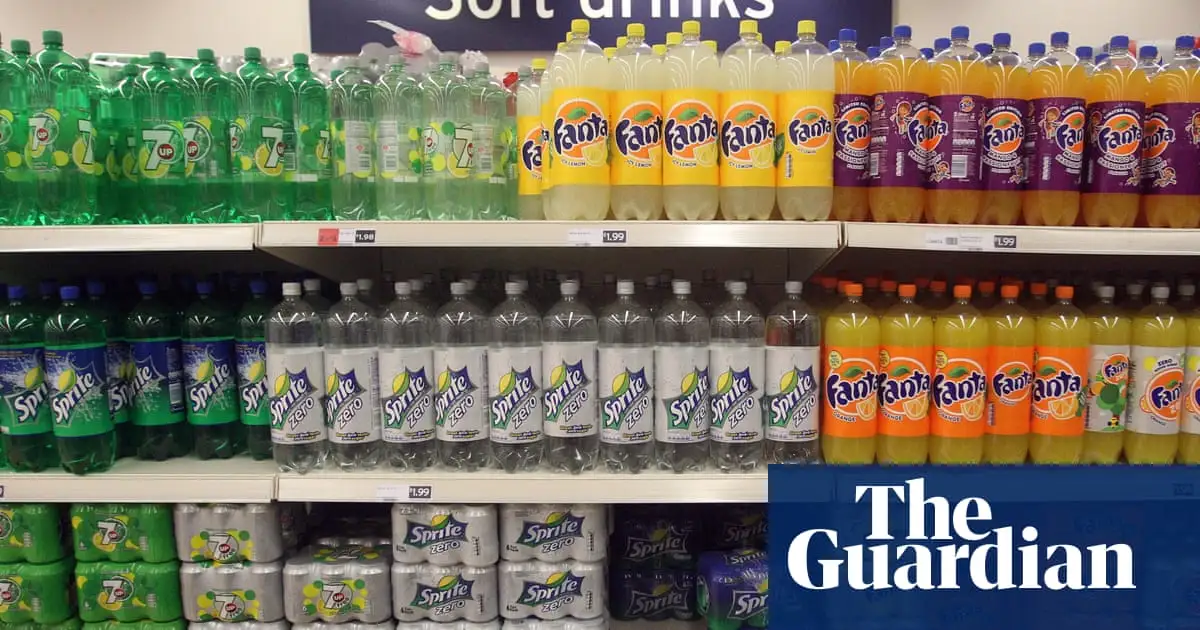They didn’t mention how it affected overweight/obesity rates, which is what they aimed to tackle. Every research I found had problems in its modelling or just straight up speculative.
Plus they are not actually using the extra income for related programmes instead they include it in the general budget, which is not nice…making it just a tax.
Although from a dental perspective there is no way it’s not working.
Why are other countries are not struggling with obesity rates is what I would like to know even without a sugar tax.
I just hope they are not planning to introduce a salt tax, food is already bland as is.
Of course the amount of sugar they consume from soft drinks will decrease if they’ve changed all the soft drinks to contain aspartame instead of sugar.
The question is does this actually improve people’s health?
There are lots of suggestions that artificial sweeteners are harmful to health in their own ways
And the evidence they reduce weight compared to sugar is not clear cut.
This seems like a study designed to make the sugar tax seem like a good thing, but it misses the crucial point, which is whether this improves health.
They’ve failed to mention that the decrease in sugar consumption will correspond with an increase in aspartame consumption
Yes, that tends to happen when you remove half the sugar… who’d have thunk it?
Great, now all the undernourished kids with poor parents are going to drink water instead and lose weight to dangerously unhealthy levels.
According to The Guardian (same source as this article), the number of children in food poverty in the UK is 4 million. 15% of UK households went hungry in January. Now, soda isn’t the smartest source of calories in a kid’s diet. It’s expensive and low in other nutrients. But kids aren’t always smart. A poor kid thinks “I’m hungry, I have a few pounds, there’s a vending machine, problem solved”. If the soda is too expensive, that doesn’t mean the kid is going to go to Aldi, buy some potatoes, and roast them for a cheap and nutritious meal. They’re a kid! It means they’ll pay more or go without. Which means you’re making the poverty and malnutrition problem worse.
Can I just clarify: Your point of view is that a tax to disincentivise sugar in fizzy drinks is going to cause malnutrition in underprivileged kids?
Would you have also argued this when we removed fizzy drink vending machines from schools a decade ago?




